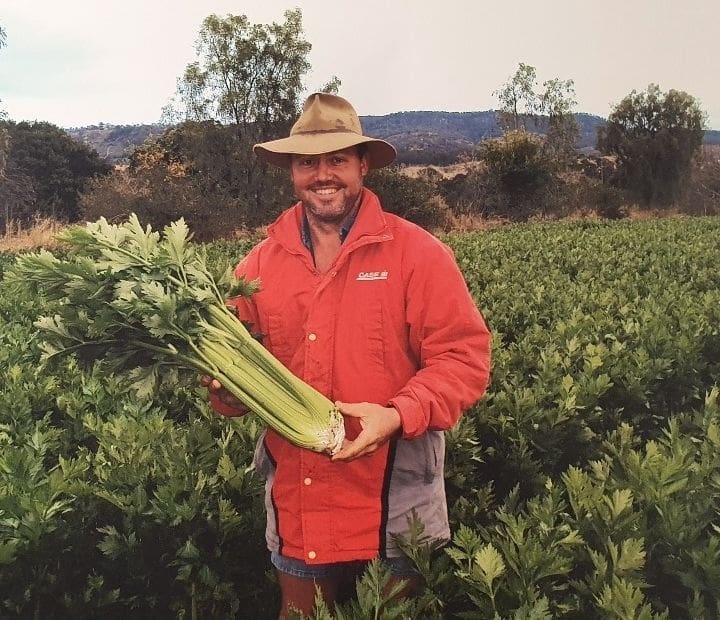AUSTRALIA’s organic certification bodies are adapting their auditing processes as the COVID-19 crisis drives a surge in demand for organic grain, dairy, fruit, vegetables and beef.
In certified organic horticulture, tractors, pickers and packers are working around the clock to maintain demand from major supermarkets.
Global Organic Exchange (GOEx) chief executive officer, Peter Hastie, said demand for certified organic grain remained at an all-time high.
“Our phones are running hot with clients seeking certified organic grain of all specifications, we have certainly seen an unprecedented spike for milling grains and supplementary feeds for all types of livestock in recent weeks,” he said.
“We are working closely with broadacre operators to expand the supply going forward we are literally going farm by farm chasing all types of grains of any volume from silos all over the country.
“On the back of a less than optimum harvest in 2019 much of this demand now simply will not become available until after this year’s winter crop harvest subject to a reasonable season.
“Recently, with the hike in demand from millers, organic dairy farmers and organic livestock producers, we have seen sustained pressure on market pricing at a time in the cycle where traditionally we would see some softening across all specifications, we simply need more grain”.
Owner of Lockyer Valley Organic in southern Queensland, Anthony Bauer, said his vegetables were going in one side of his shed, washed, packed and straight onto a truck for distribution.

Anthony Bauer
“We are currently experiencing 400 per cent increase in demand for organic produce,” Mr Bauer said.
“We have increased our plantings and have plenty of vegetables available. The growing conditions in the Lockyer Valley are perfect, yields and quality will be exceptional.”
Organic red meat producers who managed to hang on to animals during the drought and fires, are also reaping rewards with prices nearing and, in some cases, bettering previous record prices.
Southern Cross Certified (SXC) chief executive officer, Ben Copeman said organic certification was proceeding as business as usual, albeit with a few changes, to support organic producers.
“We’ve adapted our processes so that both annual audits and initial certification audits can continue, while respecting social distancing and isolation rules. These audits are vital components in delivering organic produce.
“We are here to keep the organic sector certified and producing the highest quality product to meet the demand that is out there at the moment.
“The government has acknowledged the critical importance of agriculture and we’re doing out bit to ensure the food supply chain will not be interrupted, despite the current health emergency.”
Sources: Global Organic Exchange, Lockyer Valley Organic, Southern Cross Certified

The 2000 drought severely reduced organic grain production in Australia and demand has far exceeded supply since then. Bread wheat is in demand and lack of feed grains are holding back growth of organic livestock industries especially poultry. Australia lacks sources of information and assistance on conversion and this is especially the case with broadacre farming. Now is a very good time to consider conversion of some paddocks to organic (it doesn’t have to be the whole farm at once).